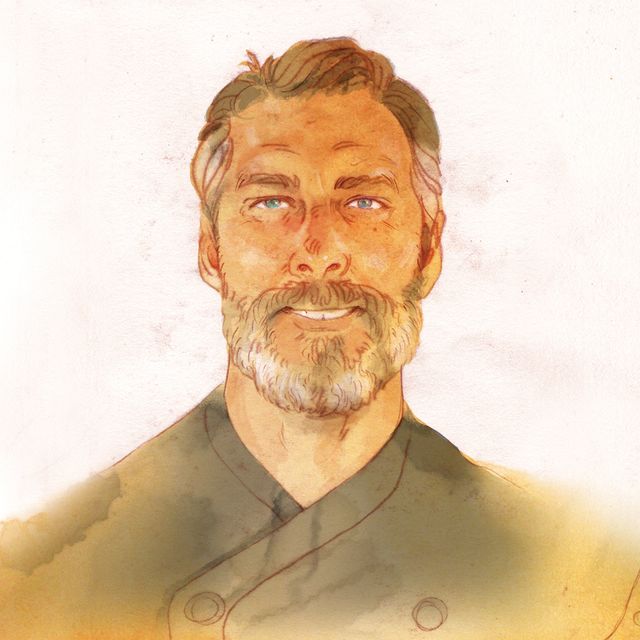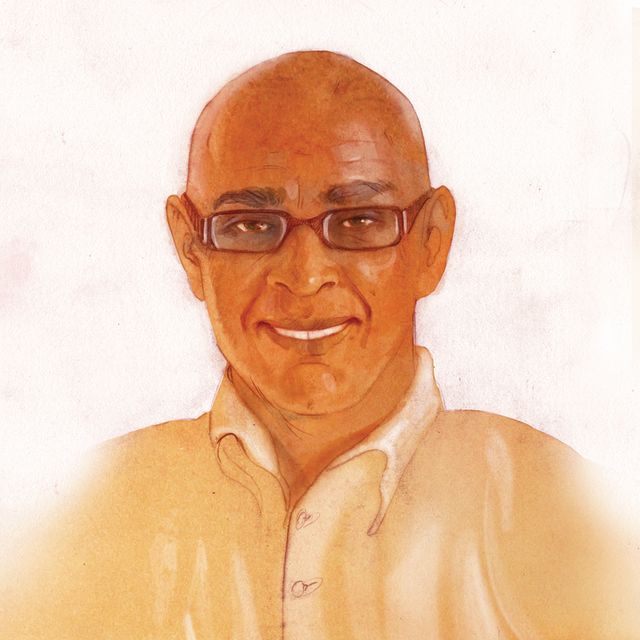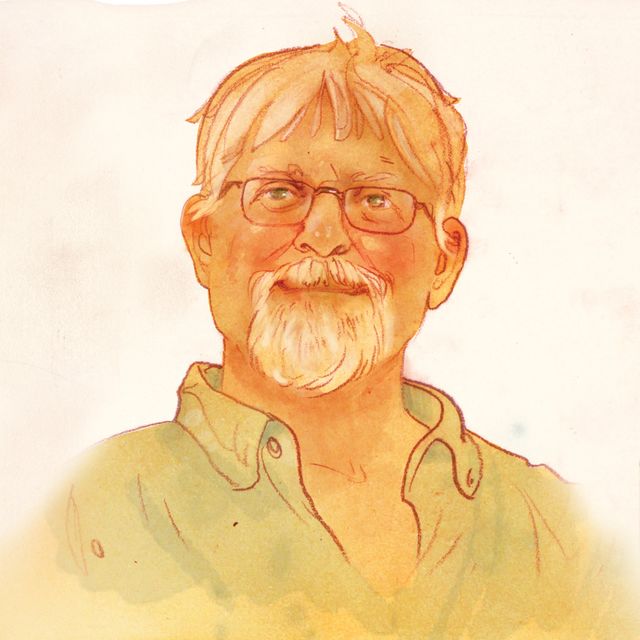5 "Food Fighters" Who Are Making a Difference in Our Community

Christa Leonard
Christa Leonard
Christa Leonard, operations manager of Geraldson Community Farm, isn’t content growing 50 kinds of vegetables, from arugula to zucchini, for the 200 customers who buy a share of the farm’s produce each year. The arrangement, called community supported agriculture, ensures that customers will be supplied with fresh produce and helps cover the farm’s operating costs.
She also supplies organic produce to area restaurants—Indigenous, Pomona and the Seafood Shack in Cortez among them. She’s created a monthly farm-to-table Dinner Bell Supper Club in the Geraldson barn. She’s planning “mommy retreats” for new mothers recovering from addiction to teach them how to cook on a budget and prepare nutritious baby foods. She’s opening a farm stand where nonmembers can purchase produce and vendors can sell their wares, too. And she’s secured a $100,000 grant from the U.S. Department of Agriculture to purchase a 31-foot Airstream, which will travel to low-income areas of Manatee County to sell produce starting next spring.
Oh, and she recently gave birth to her first child, Huck.
A former behavioral therapist, Leonard found a way to relieve stress by volunteering at Geraldson. She soon signed on full-time, and has been working, and living, on the 20-acre property for nearly six years.
Geraldson’s members, she says, are diverse, both young and old. The farm even accepts food stamps. “They’re people who are craving a connection to their food source,” she says. “They taste the difference. They get excited about new things. They’re adventurous.”—

Ed Chiles
Ed Chiles
The United States imports 91 percent of its seafood, half of it from aquaculture farms, and we produce just .8 percent of global aquaculture. To Anna Maria Island restauranteur Ed Chiles, those numbers don’t add up.
Chiles, an enthusiast who waxes eloquent about local, sustainable food, is pushing hard for greater local seafood production. His restaurants—the Sandbar, the Beach House and Mar Vista—now serve sunray venus clams, which grow well in aqua farms in warm Gulf waters. He’s also helped popularize local bottarga, a delicacy made from mullet roe that’s salted and dried, and he’s partnered with investors and experts on a plan to build a large-scale, no-waste mullet processing facility that could one day supply mullet filets, as well as fish oil and fishmeal, to businesses around the country.
Chiles sees it all as part of a “heritage seafood” industry that is not only local but environmentally friendly. For example, he says mullet are “terribly underutilized.” Fishermen often harvest the fish’s roe and then discard the rest. And the sunray venus clams filter the water in which they grow, leaving it cleaner rather than more polluted.
His restaurants also serve wild Florida boar and produce from Parrish’s Gamble Creek Farm and Ruskin’s 3 Boys Farm. (He has ownership interests in both.) It’s all part of telling the story of Southwest Florida food, he says. “The worst thing in the world is to go see a place and it’s lost its character,” he says.
Ryan Boeve and Arthur Lopes

Ryan Boeve
The name of Ryan Boeve and Arthur Lopes’ new Main Street venture, Lila, doesn’t come from a person or a place. “It means creative play,” says Boeve. Creativity is the hallmark of the longtime business partners, whose Pomona Bistro & Wine Bar in the Rosemary District has won a foodie following since it opened in 2011. At Lila, the menu will change as much as every other day, depending on what regional organic farmers like Aloe Organics and Geraldson Community Farm and meat purveyors like Grove Ladder Farm and Sarasota Beef Company deliver to the back door. The two prioritize organic above local, turning to outside organic purveyors when nearby farms can’t supply organic produce.

Arthur Lopes
The restaurant—not vegetarian, but vegetable-forward—is a logical next step for Boeve and Lopes. Both enjoy vegetables and wanted to build a restaurant around them rather than meat or seafood, while resisting straitjacket labels. The ever-rotating menu doesn’t feature symbols that mark which dishes are vegetarian or vegan. Instead, vegetarian items are listed like any other dish. “I don’t want to limit what can be done with a dish,” says Boeve.
The restaurant aims at a new demographic for Boeve and Lopes—not just younger, but more concerned about where their food comes from. Ultimately, it’s about taste, says Boeve. Buying local carrots isn’t some nice thing they’re doing to support farmers. “They taste like a carrot should taste,” he says.
John Matthews

John Matthews
John Matthews grew up around farms, and he loves farmers. But after earning a degree in agricultural economics and working two decades in commercial agriculture, the Mississippi native burned out on corporate ag and moved to Sarasota. Now, as founder of the Suncoast Food Alliance, he’s focusing on local.
Matthews, 57, started the Alliance nine years ago to connect restaurants to local food suppliers. “Farmers like to farm; chefs like to cook. They weren’t meeting each other,” he says. Now he facilitates business relationships between 16 Southwest Florida farms and more than 30 restaurants from Tampa to Venice, encouraging farmers to market themselves and making sure chefs know about and have ready access to local products. Florida, he points out, boasts one of the best growing seasons in the country—both in length and variety of produce—and over the course of a year the farms he works with will produce nearly 300 different kinds of products.
To consumers, Matthews preaches the value of local spending, supporting neighbors and eating healthy. “Food harvested within three days is the most nutritionally dense food you can eat,” he says. “If I have an ulterior motive, I want our communities eating better.” He encourages citizens to visit farmers markets and talk to the farmers there. And if you see a Suncoast Food Alliance sticker on a restaurant door, you can be assured the chef is buying local; if they weren’t, Matthews promises he’d remove the sticker himself.



